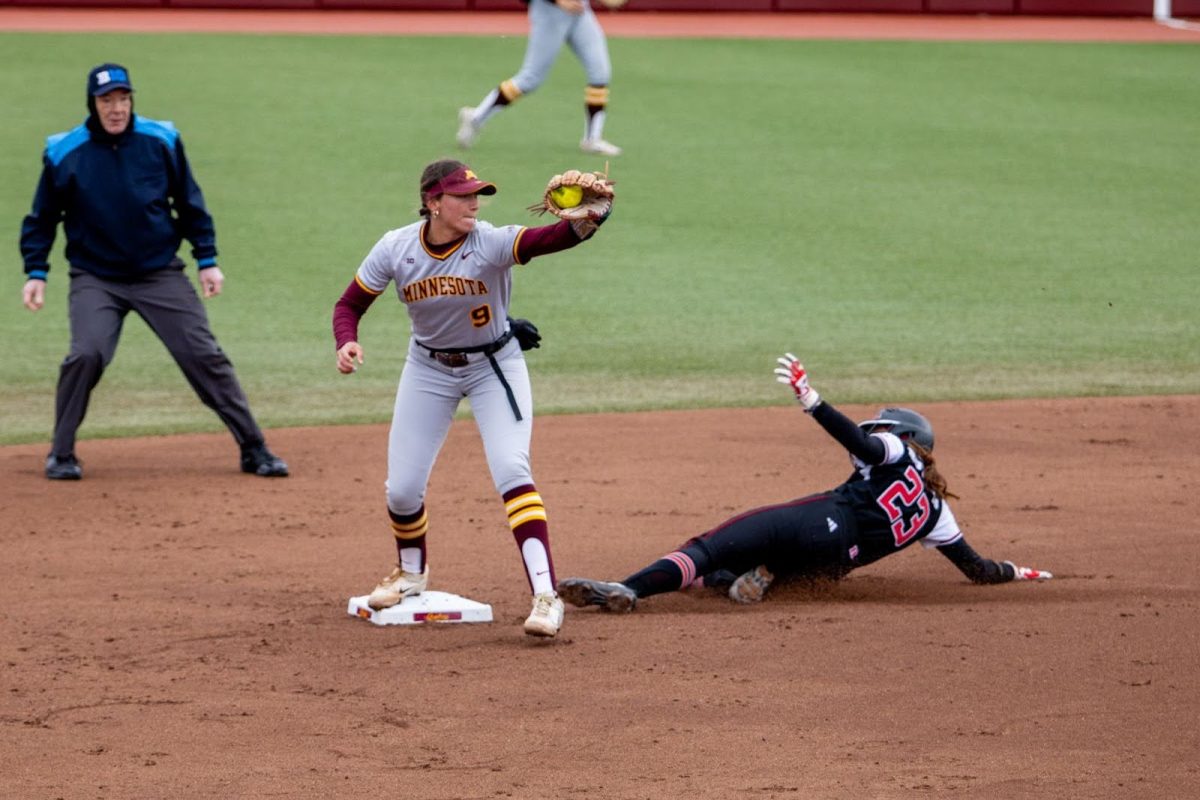The state Senate Finance Committee passed legislation that would put a Voter ID amendment on the November ballot.
The vote of 9-6 fell along party lines, Republicans supporting the bill and DFLers opposing it.
The bill would require a valid photo ID be shown by all voters at the polls. Today’s vote ended the third hearing on the bill. From here, it goes to the Senate Rules and Administration committee.
Sen. Scott Newman, R-Hutchinson, who proposed the bill, emphasized the details of a voter ID law would not be worked out until the amendment passed and the next Legislature outlined the particulars.
Thursday’s hearing primarily focused the financial impact of the bill. Committee Chair Sen. Claire Robling, R-Jordan, pointed out that the long-term cost of the bill, if it were to pass, is not yet known because the local governments’ administrative duties won’t be decided until after the amendment is approved by Minnesota voters.
“It is speculation,” Robling said. “But it’s public knowledge that people might want to have.”
A fiscal note submitted to the committee assumed the local government cost to put the measure on the ballot would be $104,000. If the measure passes in November, the first-year costs could be between $8.3 million and $23.3 million.
“I think that we have to be mindful of mandates we impose on local governments,” Newman said. But he doesn’t consider the estimated cost an “unreasonable amount.”
Natalie Cook, a member of Minneasota Public Interest Research Group, testified that the cost to keep the law constitutional by state and federal standards would be high.
The Hamline Unviersity senior said the amendment, if voters pass it in November, would be “vulnerable to attack” in the courts based on examples of other states.
Two items in particular, she said, would be costly to the state of Minnesota. If the voter ID amendment passes, the state would be required to issue IDs to those who do not have them. Cook pointed out that mobile populations, like students, would likely require IDs continually, as well as accessible locations to acquire those IDs.
The second costly aspect would be educating the public and training poll workers.
Cook cited the voter ID bill from last year (which was eventually vetoed by Gov. Mark Dayton), which estimated it would cost $2.7 million to educate the public about the new law, but neglected to include education in future elections.
In comparison, she said, Missouri estimated it would cost $16.9 million over three years to educate voters.
“Voter fraud is a serious offense … however sometimes well-intended policies have unintended negative consequences,” Cook said. She urged the committee to look for options that have support from all sides.
Members of the committee reiterated what has been said about a voter ID bill in past legislative discussions.
Sen. Linda Higgins, DFL-Minneapolis, said the bill would put roadblocks in the way of eligible voters.
“And if even one person who is an eligible voter is denied the right to vote through the actions of this bill, we ought to all be ashamed of ourselves.”
Robling said the bill is an “attempt to clarify who are eligible to vote” and does not intend to take away anyone’s voting rights.
















